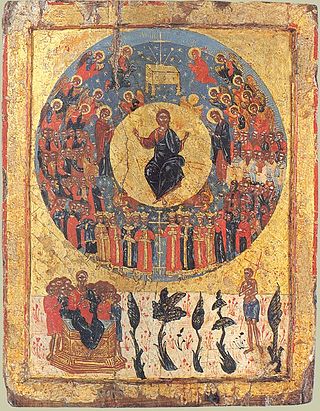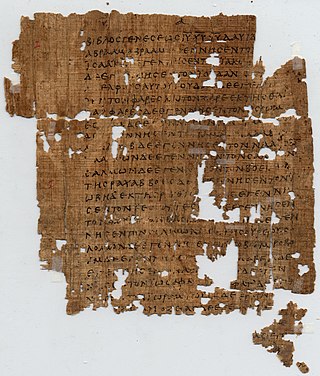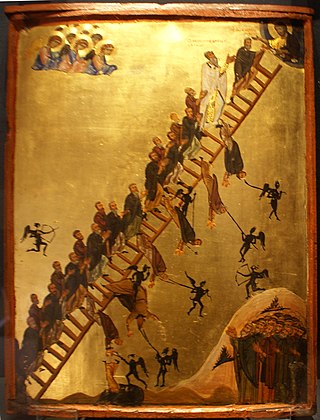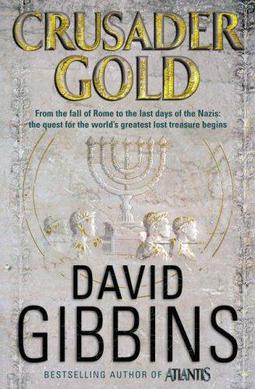Plot summary
1st century CE: the lame Claudius, not yet Emperor of Rome, travels in the year 23 to Galilee where he meets a charismatic young carpenter, Joshua of Nazareth, and is inspired by his philosophy of heaven on earth. Claudius records the young carpenter’s words on a scroll that he takes back to Rome. Years later, after the Nazarene carpenter is crucified, Claudius becomes emperor. He fakes his own death, and disappears from imperial Rome to contrive an ingenuous plan to hide this secret gospel of Christ from those who would destroy it.
21st century: archaeologist Jack Howard and his team of researchers first learn of this last gospel when excavating Claudius’s secret library near Pompeii. Following the trail of clues Claudius has left behind, their quest takes them from Italy to London, California, and finally Jerusalem. All the while, the mafia and elite Vatican City henchmen are hot on their heels, willing to stop at nothing to prevent Christ’s true message from being discovered. Eventually, they find the Gospel of Jesus.
The epilogue is the complete scene of Claudius meeting Joshua. The words of the last gospel are: “The Kingdom of heaven is on Earth. No one shall stand in the way of the word of God. There shall be no Priests. And there shall be no Temples.”
Christian eschatology, a major branch of study within Christian theology, deals with the doctrine of the "last things", especially the Second Coming of Christ, or Parousia. Eschatology – the word derives from two Greek roots meaning "last" (ἔσχατος) and "study" (-λογία) – involves the study of "end things", whether of the end of an individual life, of the end of the age, of the end of the world, or of the nature of the Kingdom of God. Broadly speaking, Christian eschatology focuses on the ultimate destiny of individual souls and of the entire created order, based primarily upon biblical texts within the Old and New Testaments.

The Second Coming is a Christian, Islamic as well as Baha'i belief that Jesus will return after his ascension to heaven about two thousand years ago. The idea is based on messianic prophecies and is part of most Christian eschatologies.

The Ascension of Jesus is the Christian belief, reflected in the major Christian creeds and confessional statements, that Jesus ascended to Heaven after his resurrection, where he was exalted as Lord and Christ, sitting at the right hand of God. The doctrine is also found in Islam, where Jesus is believed not to have been crucified but to have ascended while still alive.

Valeria Messalina was the third wife of Roman emperor Claudius. She was a paternal cousin of Emperor Nero, a second cousin of Emperor Caligula, and a great-grandniece of Emperor Augustus. A powerful and influential woman with a reputation for promiscuity, she allegedly conspired against her husband and was executed on the discovery of the plot. Her notorious reputation probably resulted from political bias, but works of art and literature have perpetuated it into modern times.

I, Claudius is a historical novel by English writer Robert Graves, published in 1934. Written in the form of an autobiography of the Roman Emperor Claudius, it tells the history of the Julio-Claudian dynasty and the early years of the Roman Empire, from Julius Caesar's assassination in 44 BC to Caligula's assassination in AD 41. Though the narrative is largely fictionalized, most of the events depicted are drawn from historical accounts of the same time period by the Roman historians Suetonius and Tacitus.

Apotheosis, also called divinization or deification, is the glorification of a subject to divine levels and, commonly, the treatment of a human being, any other living thing, or an abstract idea in the likeness of a deity.

Two names and a variety of titles are used to refer to Jesus in the New Testament. In Christianity, the two names Jesus and Emmanuel that refer to Jesus in the New Testament have salvific attributes. After the crucifixion of Jesus the early Church did not simply repeat his messages, but focused on him, proclaimed him, and tried to understand and explain his message. One element of the process of understanding and proclaiming Jesus was the attribution of titles to him. Some of the titles that were gradually used in the early Church and then appeared in the New Testament were adopted from the Jewish context of the age, while others were selected to refer to, and underscore the message, mission and teachings of Jesus. In time, some of these titles gathered significant Christological significance.

Matthew 5:5 is the fifth verse of the fifth chapter of the Gospel of Matthew in the New Testament. It is the third verse of the Sermon on the Mount, and also the third of what are known as the Beatitudes.

Matthew 24 is the twenty-fourth chapter of the Gospel of Matthew in the New Testament of the Christian Bible. It commences the Olivet Discourse or "Little Apocalypse" spoken by Jesus Christ, also described as the Eschatological Discourse, which continues into chapter 25. It contains Jesus' prediction of the destruction of the Temple in Jerusalem. Mark 13 and Luke 21 also cover the same material.
David Gibbins is an underwater archaeologist and a bestselling novelist.

In Christianity, the Confession of Peter refers to an episode in the New Testament in which the Apostle Peter proclaims Jesus to be the Christ. The proclamation is described in the three Synoptic Gospels: Matthew 16:13–20, Mark 8:27–30 and Luke 9:18–21. Depending on which gospel one reads, Peter either says: 'You are the Messiah' or 'the Christ' ; or 'You are the Messiah, the Son of the living God',, or 'God's Messiah' or 'The Christ of God'.

The Seven Seals of God from the Bible's Book of Revelation are the seven symbolic seals that secure the book or scroll that John of Patmos saw in an apocalyptic vision. The opening of the seals of the document occurs in Rev Ch 5–8 and marks the Second Coming of the Christ and the beginning of The Apocalypse/Revelation. Upon the Lamb of God/Lion of Judah opening a seal on the cover of the book/scroll, a judgment is released or an apocalyptic event occurs. The opening of the first four Seals releases the Four Horsemen, each with his own specific mission. The opening of the fifth Seal releases the cries of martyrs for the "Word/Wrath of God". The sixth Seal prompts plagues, storms and other cataclysmic events. The seventh Seal cues seven angelic trumpeters who in turn cue the seven bowl judgments and more cataclysmic events.

Françoise Mélanie Calvat, called Mathieu, was a French Roman Catholic nun and Marian visionary. As a religious, she was called Sister Mary of the Cross. She and Maximin Giraud were the two seers of Our Lady of La Salette.

In Christian eschatology, the Antichrist refers to people prophesied by the Bible to oppose Jesus Christ and substitute themselves in Christ's place before the Second Coming. The term Antichrist is found four times in the New Testament, solely in the First and Second Epistle of John. The Antichrist is announced as the one "who denies the Father and the Son."

The Bread of Life Discourse is a portion of the teaching of Jesus which appears in chapter 6 of John's Gospel and was delivered in the synagogue at Capernaum.

In Christianity, heaven is traditionally the location of the throne of God and the angels of God, and in most forms of Christianity it is the abode of the righteous dead in the afterlife. In some Christian denominations it is understood as a temporary stage before the resurrection of the dead and the saints' return to the New Earth.

Crusader Gold is an archaeological adventure novel by David Gibbins. First published in 2006, it is the second book in Gibbins's Jack Howard series. It has been published in more than 20 languages and was a New York Times bestseller.

The Tiger Warrior is an archaeological adventure novel by David Gibbins. First published in 2009, it is the fourth book in Gibbins' Jack Howard series. It has been published in 18 languages and was a New York Times bestseller.

The Gods of Atlantis is an archaeological adventure novel by New York Times and London Sunday Times bestselling author David Gibbins. First published in 2011, it is the sixth book in Gibbins' Jack Howard series.
















